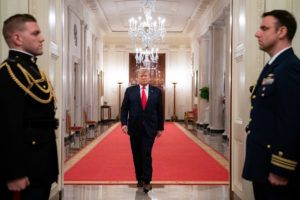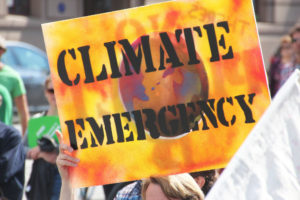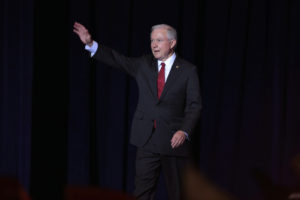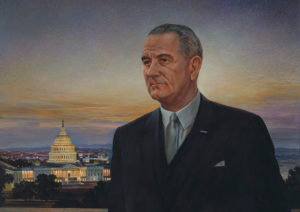Frisking History for Some Insights on Racism
In an urgent and informed discussion on race relations spanning America’s early history to the stop-and-frisk policies of the present, author, historian and New York Public Library research director Dr. Khalil Gibran Muhammad tells Bill Moyers how the nation’s laws were written to control black Americans.
In an urgent and informed discussion on race relations spanning America’s early history to the stop-and-frisk policies of the present, author, historian and New York Public Library research director Dr. Khalil Gibran Muhammad tells Bill Moyers how the nation’s laws were written to control black Americans.
History, Muhammad says, “tells us that [stop-and-frisk is] an old and enduring form of surveillance and racial control. So if we think about the moment immediately following the Civil War, there was the invention of something called the Black Codes in every Southern state. And those codes were intended to use the criminal justice system to restrict the freedom and mobility of black people.
“And if you crossed any line that they prescribed,” he continues, “you could be sold back to your former slave owner, not as a slave, but as a prisoner to work off your fine after an auction where you were resold to the highest bidder. It tells you something about the invention of the criminal justice system as a repressive tool to keep black people in their place, from the very moment where 95 percent of the black population became free. And it’s still with us. It’s still with us, because ultimately, as a social problem, crime has become like it was in the Jim Crow South, a mechanism to control black people’s movement in cities.”
Muhammad is the author of “The Condemnation of Blackness: Race, Crime and the Making of Modern Urban America,” published by Harvard University Press in 2010.
Read a transcript of their talk here.
— Posted by Alexander Reed Kelly.
Moyers & Company:
Your support matters…Independent journalism is under threat and overshadowed by heavily funded mainstream media.
You can help level the playing field. Become a member.
Your tax-deductible contribution keeps us digging beneath the headlines to give you thought-provoking, investigative reporting and analysis that unearths what's really happening- without compromise.
Give today to support our courageous, independent journalists.






You need to be a supporter to comment.
There are currently no responses to this article.
Be the first to respond.